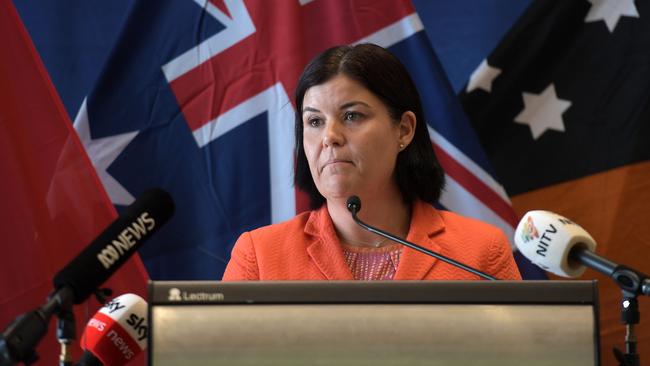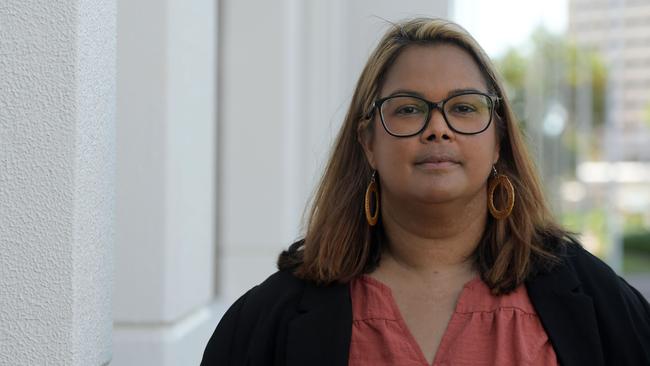United Nations torture watchdog visit Territory facilities but were denied access in some states
The United Nations’ torture watchdog claimed Australia were in “clear breach” of their commitment to prevent torture in all states and territories. Read why they suspended their visit.
Indigenous Affairs
Don't miss out on the headlines from Indigenous Affairs. Followed categories will be added to My News.
International watchdogs have inspected Territory jails and hospitals as part of their efforts to prevent torture in places of detention.
The United Nations Subcommittee on the Prevention of Torture (SPT) visited Darwin in mid-October as part of its mandate to monitor places of detention.
In 2017 the Commonwealth became a signatory of the Optional Protocol to the Convention against Torture and other Cruel, Inhuman or Degrading Treatment or Punishment, which provides clear operating guidelines to protect human rights in places where people are detained.
The NT News understands the international delegation comprising of Aisha Shujune Muhammad, Jakub Julian Czepek, Marija Definis and Nika Kvaratskhelia visited Don Dale Youth Detention Centre, Darwin Correctional Centre and Royal Darwin Hospital’s acute mental health ward, the Joan Ridley Unit.

A spokeswoman for Chief Minister Natasha Fyles said the Territory co-operated fully with the delegation’s requests but there was more work to be done.
“I absolutely acknowledge that and I’m committed to that,” Ms Fyles said.
“In terms of the specifics, we will await the feedback from their visit in the near future.”
Despite the Territory’s co-operation, on Monday the United Nations released a statement saying the 12-day visit across the country would be suspended.
The Territory’s Acting Children Commisisoner Nicole Hucks said she was also awaiting the feedback from the watchdogs.
“While the news that the UN SPT has suspended its visit to Australia is concerning, I understand that they attended facilities in the Northern Territory, including Don Dale Youth Detention Centre,” Ms Hucks said.
“It is hoped that the SPT will provide recommendations on how best to establish effective safeguards to prevent torture and ill-treatment of children, young people and adults in places of detention in the Northern Territory.”

The UN statement said the visit was suspended after delegates had been prevented from visiting several places, experienced difficulties in carrying out a full visit at other locations and were not given all the relevant information and documentation it had requested.
“This is a clear breach by Australia of its obligations under OPCAT,” Aisha Shujune Muhammad, the head of the four-member delegation, said.
“State parties have an obligation to both receive the SPT in their Territory and allow it to exercise its mandate in full, as reflected in Articles 12 and 14.”
Ms Muhammad said the committee had not made the decision to withdraw lightly.
“It is deeply regrettable that the limited understanding of the SPT’s mandate and the lack of co-operation stemming from internal disagreements, especially with respect to the states of Queensland and New South Wales, has compelled us to take this drastic measure,” Ms Muhammad said.
“The SPT is neither an oversight body, nor does it carry out investigations or inspections. It is a mechanism that makes confidential recommendations to state parties on establishing effective safeguards against the risk of torture and ill-treatment in places of deprivation of liberty.”
The SPT was due to visit several places across Australia between October 16 and 27.




